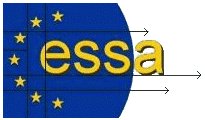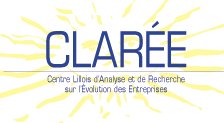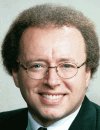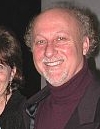Invited Speakers
Robert Axtell
- Senior Fellow
- The Brookings Institution, Santa Fe Institute
- Washington DC, United States of America
- Slides of the presentation
Very Large-Scale Multi-Agent Systems and Emergent Macroeconomics
The relatively few applications of agent-based computing to macroeconomics retain much of the representative agent character of conventional macro. In this talk I will point out that hardware developments will soon make possible the construction of very large scale (one million to 100 million agent) models that obviate the need for representative agents--either representative consumers, investors or single-agent firms. It will be argued that the main impediment to creating empirically-relevant artificial agent economies on this scale is our current lack of understanding of realistic behavior of agents and institutions. I claim that this software bottleneck--what rules to write for our agents?--is the primary challenge facing our research community.
Cristiano Castelfranchi
- Professor
- Institute of Cognitive Sciences and Technologies, University of Siena
- Roma, Italy
- Slides of the presentation
The Invisible (Left) Hand
Agent-based Social Simulation will be crucial for the solution of one of the most hard problems of economic theory: the spontaneous organization of a dynamic social order that cannot be planned but emerges out of intentional planning agents guided by their own choices. This is the problem that Hayek assumes to be the real reason for the existence of the Social Sciences. I will examine in particular the crucial relationships between the intentional nature of the agents' actions and their explicit goals and preferences, and the possibly unintended finality or function of their behavior. I will argue in favor of cognitive architectures in computer simulations. I will propose some solutions about the theoretical and functional relationships between agents' intentions and non-intentional purposes of their actions. Social order is not necessarily a real order or something good and desirable for the involved agents; nor necessarily the best possible solution. It can be bad for the social actors against their intentions and welfare although emerging from their choices and being stable and self-maintaining. Hayek's theory of spontaneous social order and Elster's opposition between intentional explanation and functional one will be criticized.







